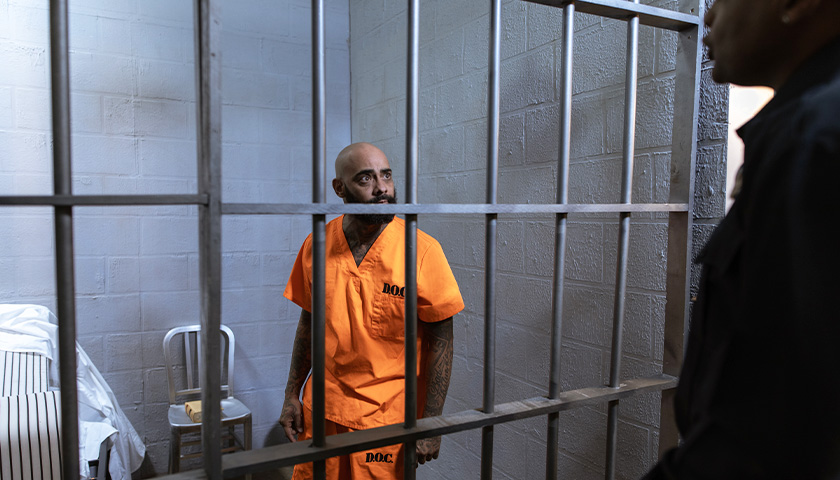Live from Music Row Monday morning on The Tennessee Star Report with Michael Patrick Leahy – broadcast on Nashville’s Talk Radio 98.3 and 1510 WLAC weekdays from 5:00 a.m. to 8:00 a.m. – host Leahy welcomed original all-star panelist Crom Carmichael to the studio for another edition of Crom’s Crommentary.
CROM CARMICHAEL:
Michael, there’s a fascinating article column … a speech that Laurence Silberman gave at Dartmouth on Constitution Day. And The Wall Street Journal reprinted the speech as a column. And there are some very interesting points in the speech.
But then he points out a lot of the issues – and that’s what I’m going to do – that have to do with the First Amendment. But he made a point in there. He said when people take an oath of office at the federal level, or the judiciary or the legislative, each one swears an oath to the constitution.
They don’t swear an oath to a person, and so it’s to a document. And in all other countries, prior to our Constitution it was long live the king, not long live the English common law. It was long live the king or long live the queen, and dynasties and whatnot, in China.
So around the world, the people were subservient to a ruler, a particular person. But what Silverman points out is that the First Amendment protects the freedom of religion – and it protects the freedom of religion first, it protects freedom of speech second, it protects freedom of the press third, and so on.
But what’s interesting about it is, he says, what do you do where you have members of the press or institutions within the press who attack individuals’ rights to freedom? And he said this is a growing problem in our country.
He said at universities across our great land, you have students who are intimidated about what they think. You have professors who are fired for what they say, and what they say is not racist, it’s simply about freedom and treating people equally and various subjects like that.
The question for me is, what do we do? We believe in equality and we believe in honesty. We believe, for example, that in the workplace, we believe that somebody who has a position of power should not be able to use that power inappropriately over a subordinate.
And this is particularly true in issues of sexual relations, or just creating a hostile work environment. Should that same tactic, or that same principle, apply to a large institutional organization, vis-a-vis an individual when it comes to freedom of speech? And I believe it should.
And so now the question is if the public agrees that freedom of speech, which is only, which is second only to freedom of religion and superior to freedom of the press. If people believe that the press should not have the right to silence or denigrate individuals, then we will need to have – and that can be done not through constitutional amendments, but it can be done by statutes that simply clarify how the First Amendment will be applied to large institutions that seek to deprive individuals of their First Amendment rights.
Listen to today’s show highlights, including this interview:
– – –
Tune in weekdays from 5:00 – 8:00 a.m. to The Tennessee Star Report with Michael Patrick Leahy on Talk Radio 98.3 FM WLAC 1510. Listen online at iHeart Radio.
Photo “Girl In a Church” by David Besh.





